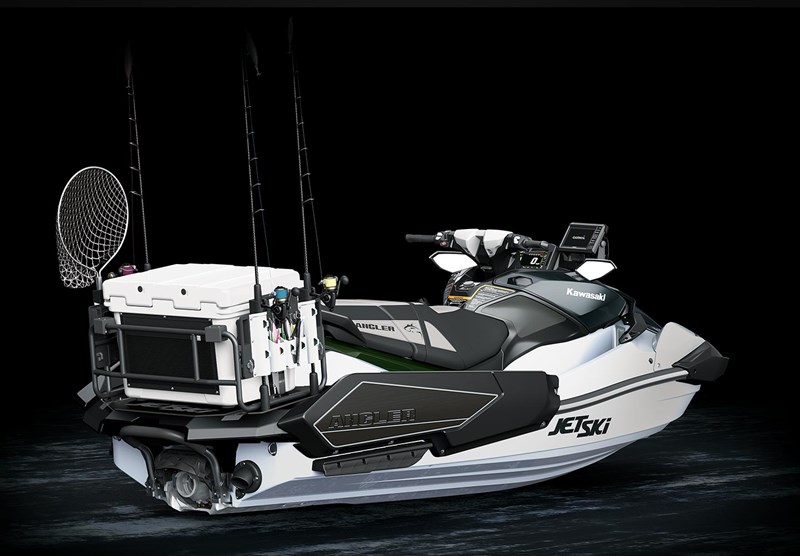When Is a Boat Operator Required to Assist Anyone Injured in an Accident: Key Responsibilities Explained
Boating accidents can be sudden and terrifying, and knowing what to do in those crucial moments can make a significant difference.
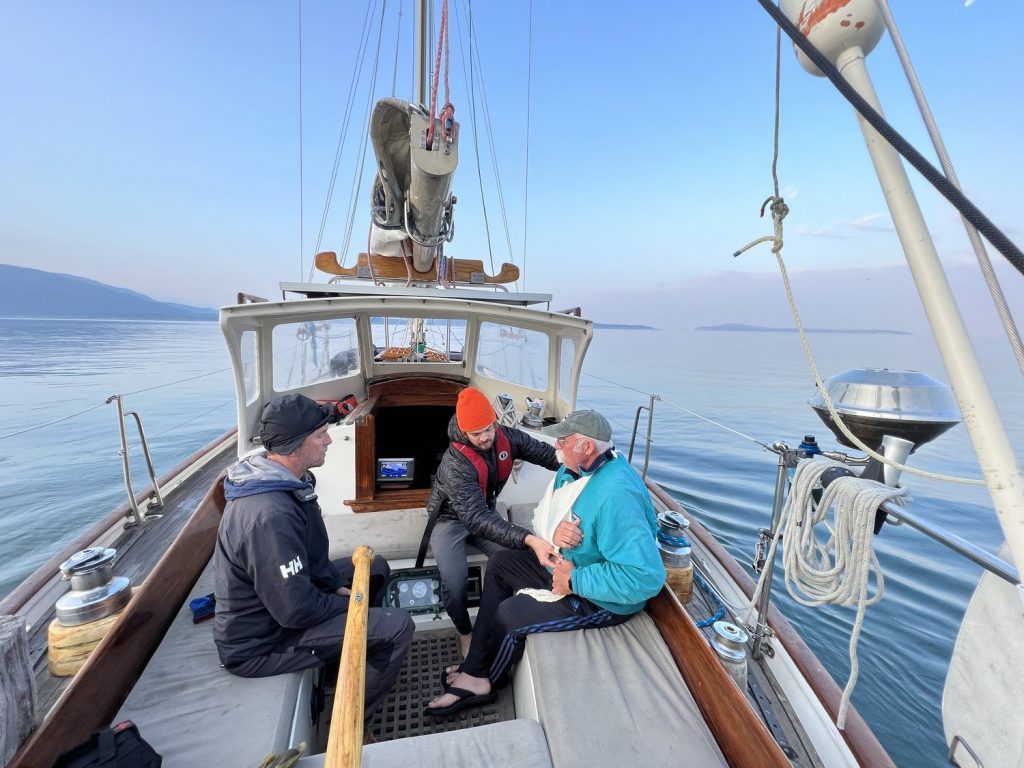
A boat operator is required by law to assist anyone injured or in danger in a boating accident, as long as it doesn't put their own vessel or passengers at risk.
Providing aid can range from helping individuals out of the water to offering first aid while waiting for emergency services to arrive.
Failing to assist can have serious legal consequences.
Operators must stop their vessel and provide necessary assistance, which includes contacting authorities if needed. They also need to share their name, address, and vessel identification with those involved in the accident. This ensures that all parties have the necessary information for any follow-up actions.

Understanding these requirements is not just about legal compliance but also about ensuring the safety and well-being of everyone on the water.
Preparing for potential accidents by having the right safety equipment and knowing the legal obligations can help boat operators respond effectively when an emergency arises.
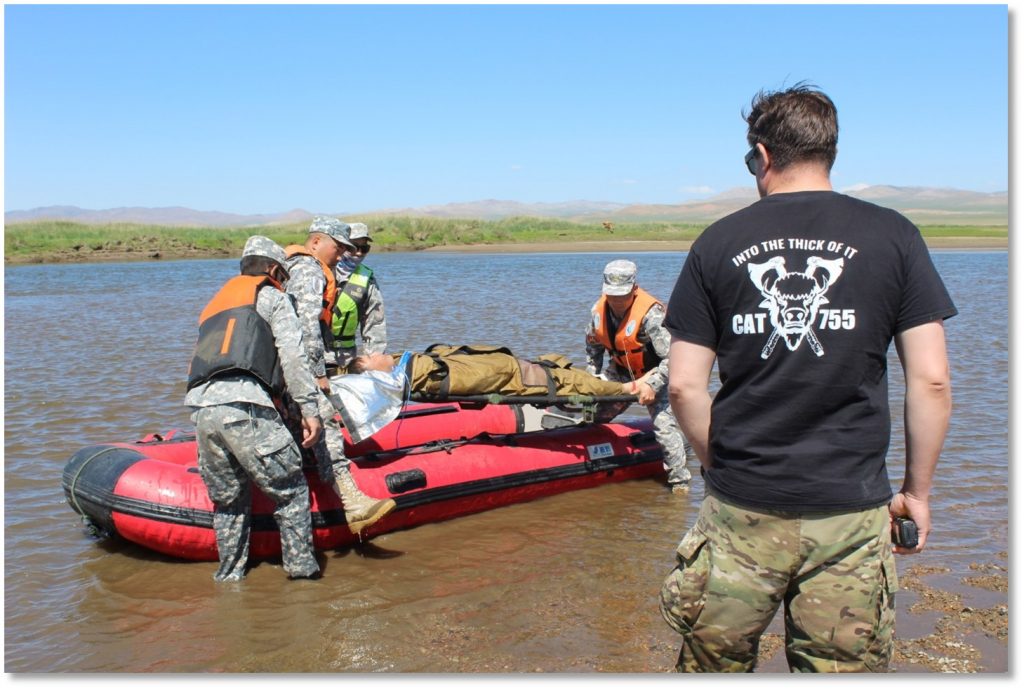
Key Takeaways
- Boat operators must assist injured individuals unless it endangers their own vessel.
- They must exchange information and report the accident to authorities.
- Proper preparation and safety equipment are vital for effective emergency response.
Legal Requirements for Boat Operators in the Event of an Accident
Boat operators have clear legal requirements they must follow during an accident. These requirements include rendering assistance and adhering to various regulations and precedents.
Understanding the Duty of Care
A boat operator has a duty to render assistance to anyone injured in an accident. This duty means acting reasonably to help those in need without putting the operator's vessel or passengers in danger. This responsibility is crucial to ensuring safety on the water.
If the boat operator fails to provide necessary help, they may face legal consequences. Authorities may consider such negligence a serious offense. Following this duty helps minimize harm and protect lives during accidents.
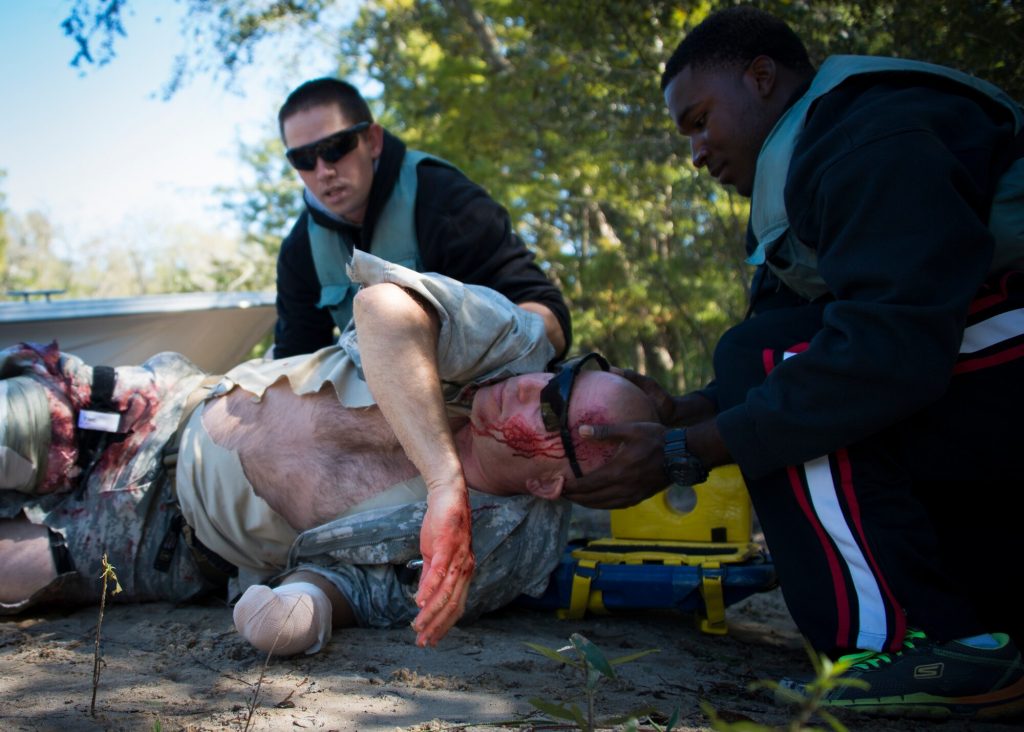
Federal and State Regulations
Federal and state regulations clearly outline the obligations of boat operators.
For instance, Florida Statute 327.30 requires operators to render necessary and practicable assistance. The law emphasizes the need to minimize danger and assist others without endangering their own vessel.
Boat operators must also stop their vessels immediately at the accident scene and provide identification details. These rules ensure proper handling of the situation and accountability.
Different states may have similar but slightly varied requirements. Operators should be familiar with the laws in their specific areas to ensure compliance and avoid penalties.

Maritime Law and Common Law Precedents
Maritime law and common law set important precedents for boat operators.
Under maritime law, operators have a legal obligation to assist injured persons when it is safe to do so. This principle is based on the recognition of the unique dangers present on the water.
Common law expands on this by establishing a general duty of care. Courts have consistently upheld that failing to render assistance can lead to liability for harm caused by such negligence.
By following these legal requirements, boat operators help ensure the safety and well-being of all parties involved in an accident. Such adherence not only fulfills legal duties but also promotes responsible and ethical behavior on the water.
Steps to Assist Injured Individuals
In a boating accident, it is crucial to act quickly and efficiently to help injured persons. The following steps outline how to handle such situations, including assessing dangers, providing first aid, and following emergency procedures.
Assessing Immediate Dangers and Injury Severity
When an accident occurs, the boat operator should first check if the scene is safe for rescue. They must ensure their own vessel and passengers are not at further risk.
Next, evaluate the injuries sustained by individuals. Look for visible wounds, unconsciousness, or severe bleeding. Assess the severity to prioritize medical assistance efficiently.
Calling for help, if necessary, should be done immediately after the initial assessment to ensure professional medical services are on their way.

Providing First Aid and Medical Attention
Administering first aid is vital in stabilizing injuries before professional help arrives.
Boat operators should have a basic first aid kit on board including bandages, antiseptic, and gauze.
For bleeding wounds, apply pressure to stop the flow of blood. Use clean cloths or bandages if available.
In case of unconsciousness or unstable vitals, ensure the injured individual is positioned safely to maintain breathing and circulation. Immediate CPR might be necessary if there are no signs of breathing.

Emergency Procedures and Evacuation
Once first aid is administered, the next step is to ensure the prompt evacuation of injured individuals if the situation warrants it.
Contact emergency services via radio or phone to report the accident and request medical evacuation.
Ensure injured parties are moved carefully to avoid aggravating their injuries. If the vessel is in danger of sinking, prepare life jackets and a lifeboat.
Evacuation procedures should focus on the most severely injured individuals first, ensuring they get to safety promptly while waiting for further medical treatment.
Accident Reporting and Liability
Accident reporting and liability are crucial aspects following a boating accident. Quick actions, proper documentation, and correct reporting are essential to meet legal requirements and ensure safety.
Contacting the Coast Guard and Law Enforcement
Boat operators must promptly contact the Coast Guard or law enforcement after an accident.
This is especially important if there are injuries, significant property damage, or if the vessel is in a hazardous situation. Quick contact can initiate a search and rescue operation if needed.
Authorities rely on accurate information to assess the situation and provide assistance. Providing complete details helps ensure timely support and can be vital for legal matters later. Speedy reporting also helps prevent further accidents by removing disabled vessels from busy waterways.
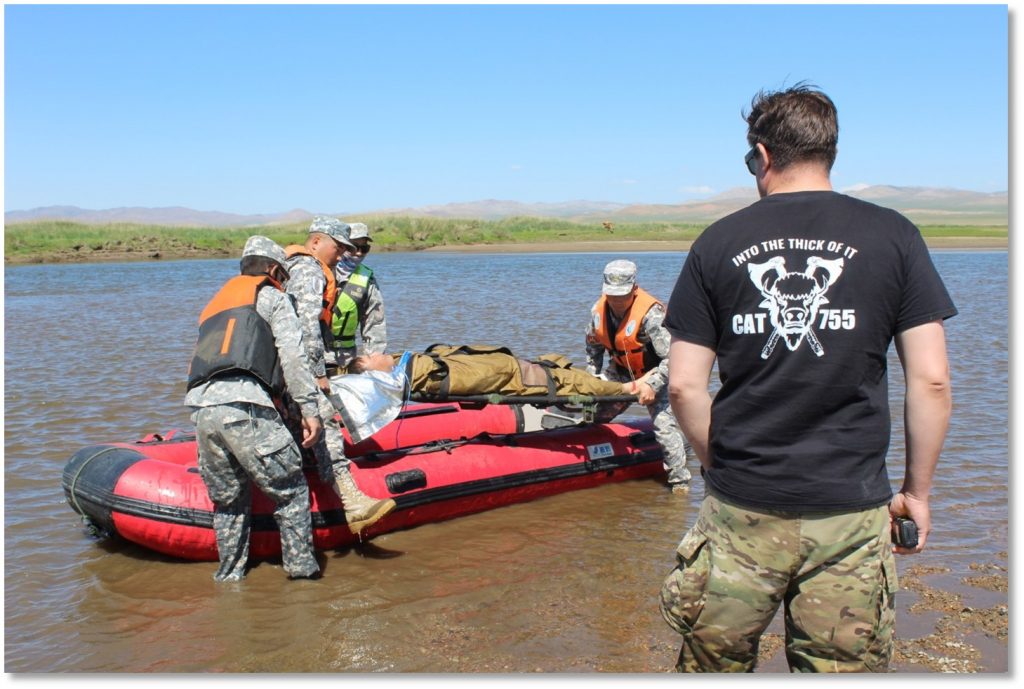
Filing a Boating Accident Report
A boating accident report is mandatory in many situations.
Operators must file this report when there are injuries requiring more than first aid, fatalities, missing persons, or significant property damage (typically over $2,000). Federal and state laws may vary, so checking local regulations is essential.
The accident report should include comprehensive details such as the nature of the incident, identification of the vessels involved, and a description of the damage.
Filing a thorough report can protect operators legally and help with insurance claims. The report is often sent to a designated state boating authority.

Information and Evidence Collection
Collecting accurate information and evidence at the accident scene is vital.
Boat operators should obtain names, addresses, contact details, and vessel identification numbers of all parties involved. Recording witness statements and contact information can also be helpful for investigations.
Taking photographs of the damage, documenting weather and water conditions, and noting any mechanical failures provide a clearer picture of the incident.
Evidence collection is crucial for determining liability and can support claims of negligence or defense against such claims. It is also essential for interactions with insurance companies.
After the Accident: Ensuring Safety and Compliance
When involved in a boating accident, boat operators need to prioritize safety, assess damage, and ensure legal and insurance requirements are met.
Damage Assessment and Vessel Safety
The first step after an accident is to assess any damage to the vessel and ensure it's safe to operate.
This might include checking for hull breaches, engine damage, or equipment failures. If the boat is unsafe, it should not continue its journey.
Make sure to also check for environmental hazards like fuel spills. Reporting these promptly can prevent further harm. Prioritize immediate repairs if possible or arrange for towing.
Insurance Claims and Legal Action
Boat operators must report the accident to their insurance company.
Provide all necessary information, including details about the accident, damage, and any injuries. Accurate and prompt reporting can aid in the swift processing of claims.
Legal action may be necessary if there is significant damage or injury. Knowing the local laws is crucial.
Keep all documentation from the scene, including photos and witness statements. This documentation can be vital for legal proceedings.
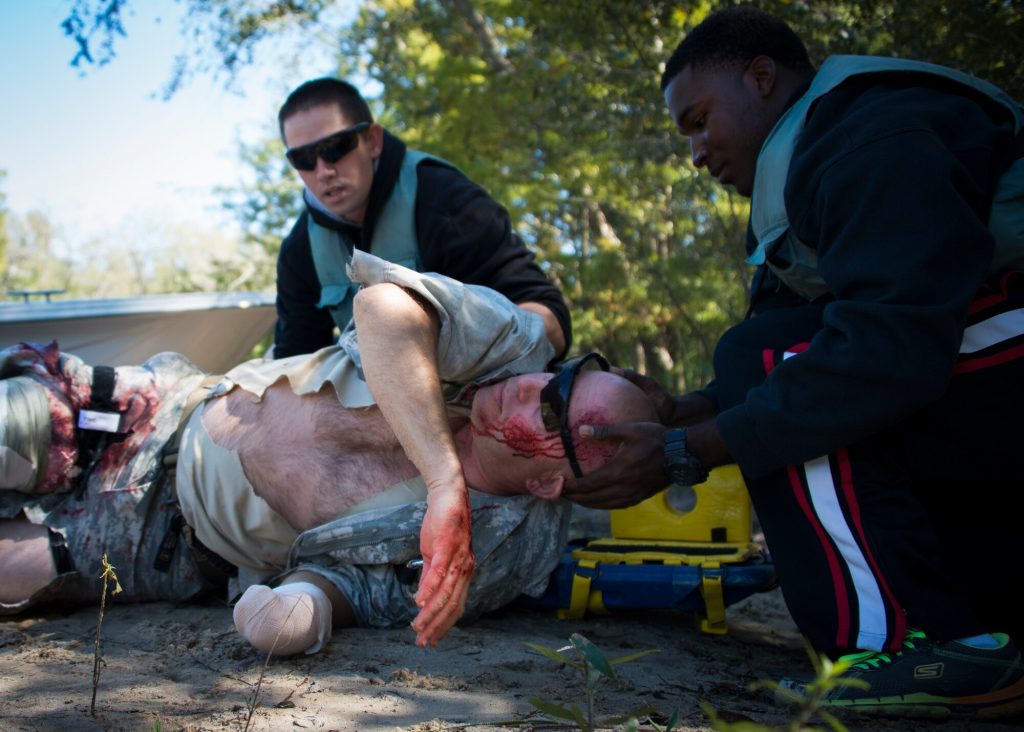
Support for Victims and Compensation Processes
Assisting injured individuals is not only a legal requirement but also essential for their well-being.
Operators should offer immediate help to victims without endangering their own vessel or passengers.
Contact emergency services and follow up on their condition.
Additionally, the process for compensation must be clear and fair.
Insurance may cover medical expenses and any damages. Understanding the compensation process helps ensure victims receive what they are owed.
Safety Equipment and Preparation
Proper safety equipment and preparedness are vital to handling emergencies on the water. Ensuring the right gear is onboard and taking preventive measures can make a significant difference in the event of an accident.
Essential Safety Gear Onboard
Having the correct safety equipment is crucial for any boat operator.
First and foremost, each person on the vessel should have access to a personal flotation device (PFD). These life jackets should be in good condition and readily available.
A first aid kit is essential for treating minor injuries. It should include bandages, antiseptics, and pain relievers.
A fire extinguisher is also a must-have.
Boat fires can start quickly, and having a U.S. Coast Guard-approved fire extinguisher onboard can prevent small fires from becoming disastrous.
Emergency signal devices, such as flares, whistles, or air horns, are necessary for calling for help. These can attract attention if the boat is in distress.
Lastly, a VHF radio can be used to communicate with emergency services. This can be a lifeline when cell phones are out of range.

Preventive Measures and Readiness
Preparation doesn't stop with having equipment; it also involves readiness.
Regular training on how to use safety equipment is vital for all passengers.
Conducting safety drills can ensure everyone knows what to do during an emergency.
These drills should cover various scenarios, including man overboard situations and using a fire extinguisher.
Boat operators should also understand weather conditions and avoid navigating in dangerous situations.
Checking forecasts and water conditions before departure can reduce the risk of accidents.
Maintenance of the boat and its equipment is equally important.
Routine checks of the engine, electrical systems, and safety gear can prevent failures that might lead to mishaps.
Finally, having a written emergency plan onboard and reviewing it periodically can help everyone react swiftly during an incident.
This plan should include contact information for emergency services and steps to follow in case of different types of emergencies.
Frequently Asked Questions
Boat operators have several important responsibilities during and after a boating accident. This guide addresses when operators must report, assist, and prevent further hazards.
Which boating accident scenarios require a boater to submit a written report?
If there is injury, death, or property damage exceeding a certain amount, a report must be filed.
The exact dollar amount may vary by state, so operators should check local regulations.
What are the steps a boat operator must take immediately following a boating accident?
Operators must stop immediately at the accident scene.
They should then assist anyone injured or in danger, provided it does not endanger their own vessel or passengers.
Lastly, they must provide their name, address, and vessel identification in writing to the affected parties.
In what circumstances is a boat operator legally required to provide assistance following an accident?
A boat operator is required to assist when it is safe to do so and when it does not jeopardize their vessel or passengers.
This duty is for saving lives and minimizing danger.
What actions should be taken by operators to prevent the spread of non-native species between waterways?
Operators should clean their boats thoroughly, removing any plants, animals, or mud before leaving an area.
Draining water from the motor, live wells, and bilge and drying equipment for several days before entering new waters are essential steps.
What are the legal obligations for reporting property damage resulting from a boating accident?
When property damage occurs and exceeds the state’s specified threshold, a written report must be submitted to the appropriate authorities.
This ensures proper documentation and legal compliance.
What type of boating incident requires a report to be made under state law?
Reports are required for incidents involving fatalities or missing persons under circumstances suggesting death or injury. They are also required for serious injuries requiring medical treatment beyond first aid and significant property damage. Operators should refer to their state laws for specific thresholds and reporting procedures.
Charlie is Editor-in-Chief of Sea Magazine




